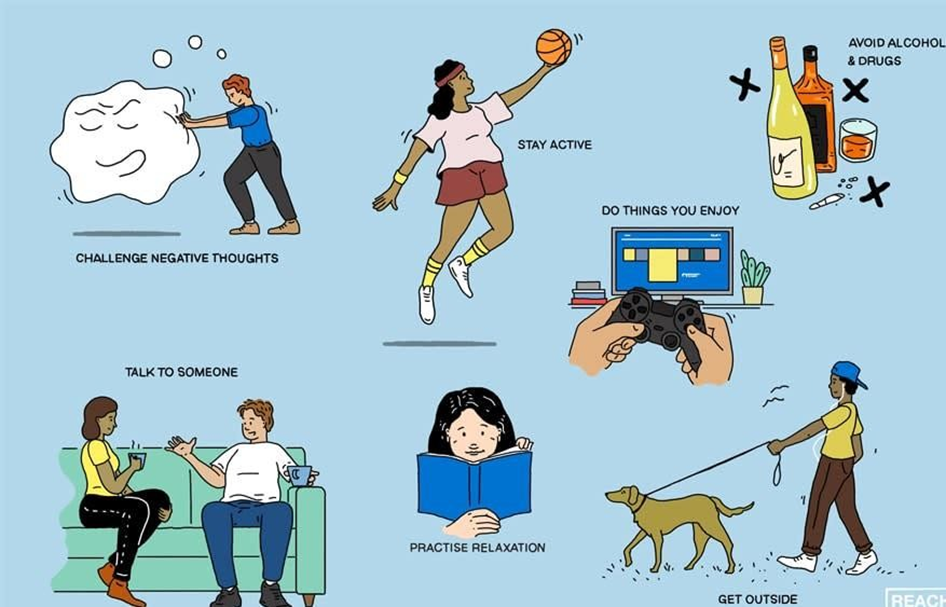A client with depression does not want to communicate with friends, uses television watching as a means of escaping responsibilities, and describes the inability to handle personal circumstances. Which coping strategy should the nurse include in the plan of care?
Shift attention from self to the needs and requests of others
Relax and reduce the amount of effort to solve the problem.
Focus on small achievable tasks, not taxing problems.
Concentrate on and ventilate emotions when distressed.
The Correct Answer is C
A. Shifting attention from self to others might strain the individual further as they might not have the emotional energy for it.
B. Relaxation without addressing underlying issues won't help in managing depression and might exacerbate the situation.
C. Focusing on small achievable tasks helps in breaking down overwhelming problems into manageable parts, aiding in a sense of accomplishment.
D. Ventilating emotions might be beneficial, but solely relying on this strategy might not address the core issue of handling responsibilities.

Nursing Test Bank
Naxlex Comprehensive Predictor Exams
Related Questions
Correct Answer is D
Explanation
A. "Client has been sexually assaulted" is a formal and concise description. However, it isn’t written as a client would say it which is a key requirement in documentation of the presenting complaint.
B. "Client reported that she had sexual relations against her will" might be accurate but doesn't convey the severity of the situation as clearly as the term "sexually assaulted."
C. "Client claims that she was forced to participate in sexual intercourse" might describe the situation but doesn't necessarily reflect the urgency or trauma of the incident.
D. "Client states, 'My date raped me tonight'" is documented in the client’s own words and is descriptive enough to be the presenting complaint.
Correct Answer is B
Explanation
A. Positioning a table might create a barrier and hinder rapport-building during the interview.
B. Reducing noise levels helps create a more conducive environment for communication and allows better focus during the interview.
C. Sitting too close might invade the client's personal space and could be uncomfortable or threatening.
D. Dimming the lights might not be suitable as it can hinder communication and create a less engaging environment for the interview.
Whether you are a student looking to ace your exams or a practicing nurse seeking to enhance your expertise , our nursing education contents will empower you with the confidence and competence to make a difference in the lives of patients and become a respected leader in the healthcare field.
Visit Naxlex, invest in your future and unlock endless possibilities with our unparalleled nursing education contents today
Report Wrong Answer on the Current Question
Do you disagree with the answer? If yes, what is your expected answer? Explain.
Kindly be descriptive with the issue you are facing.
